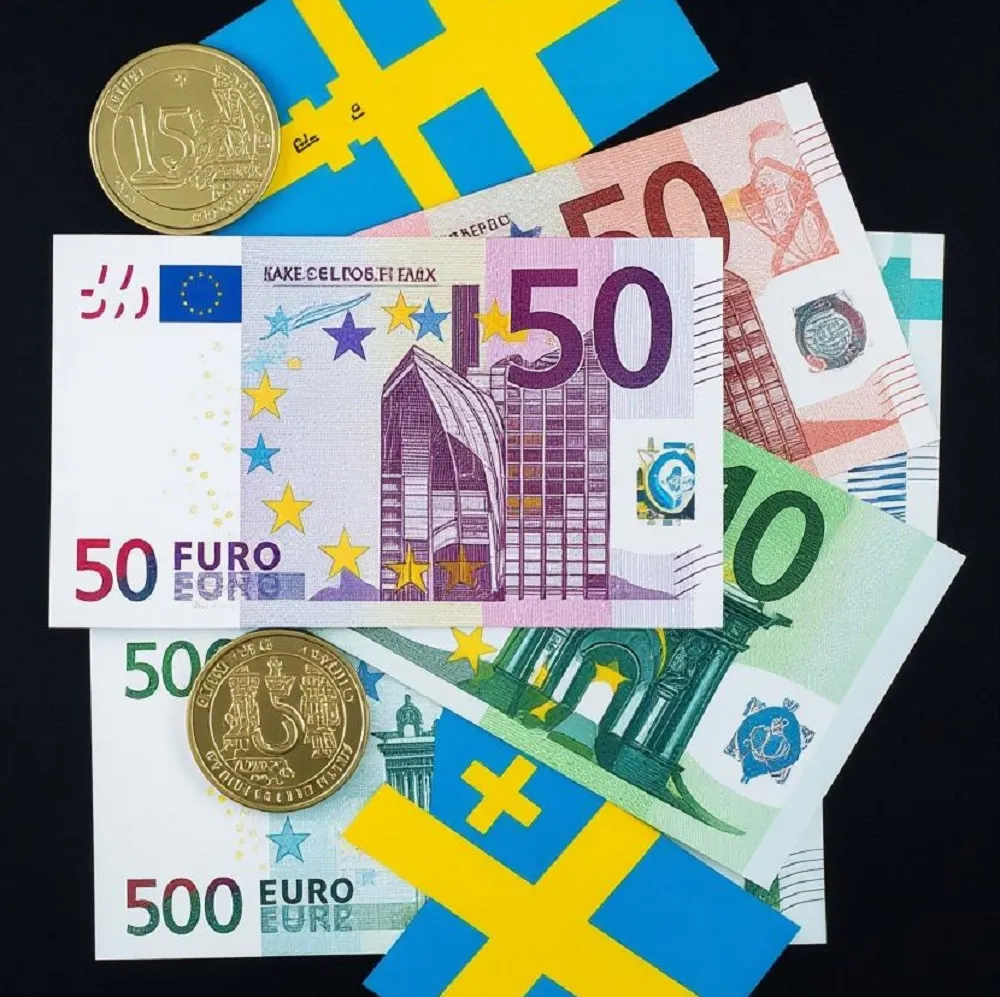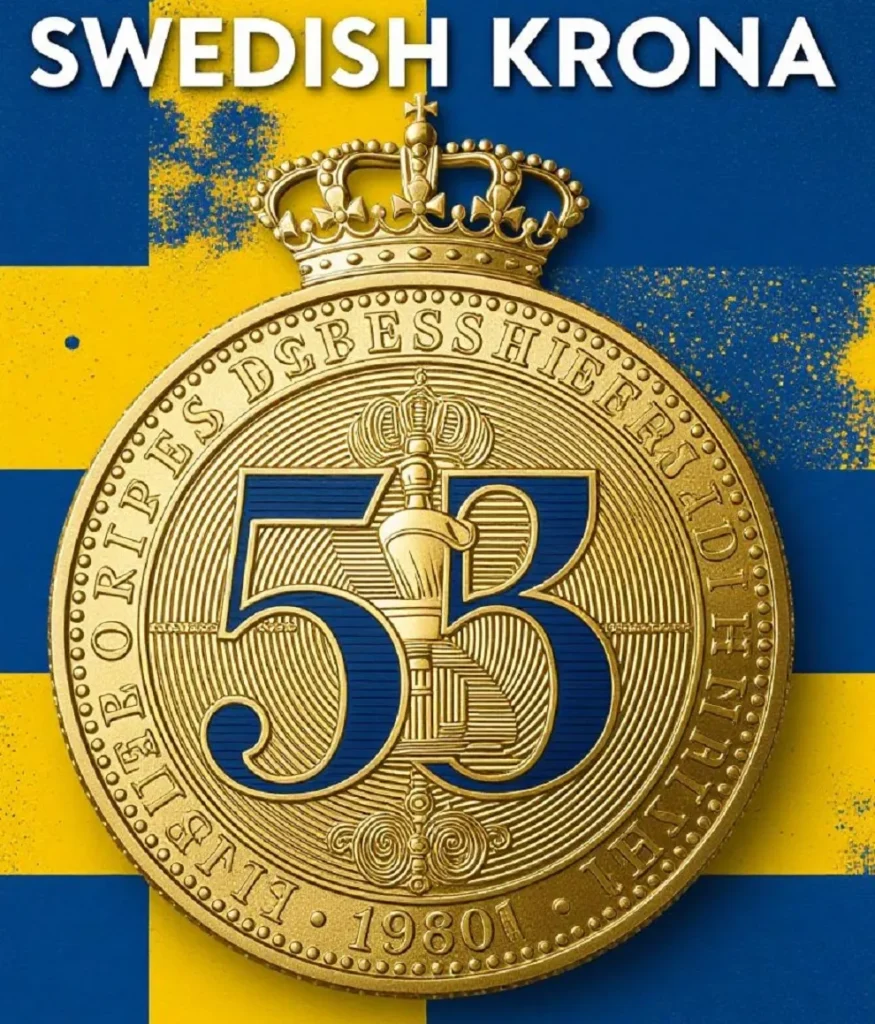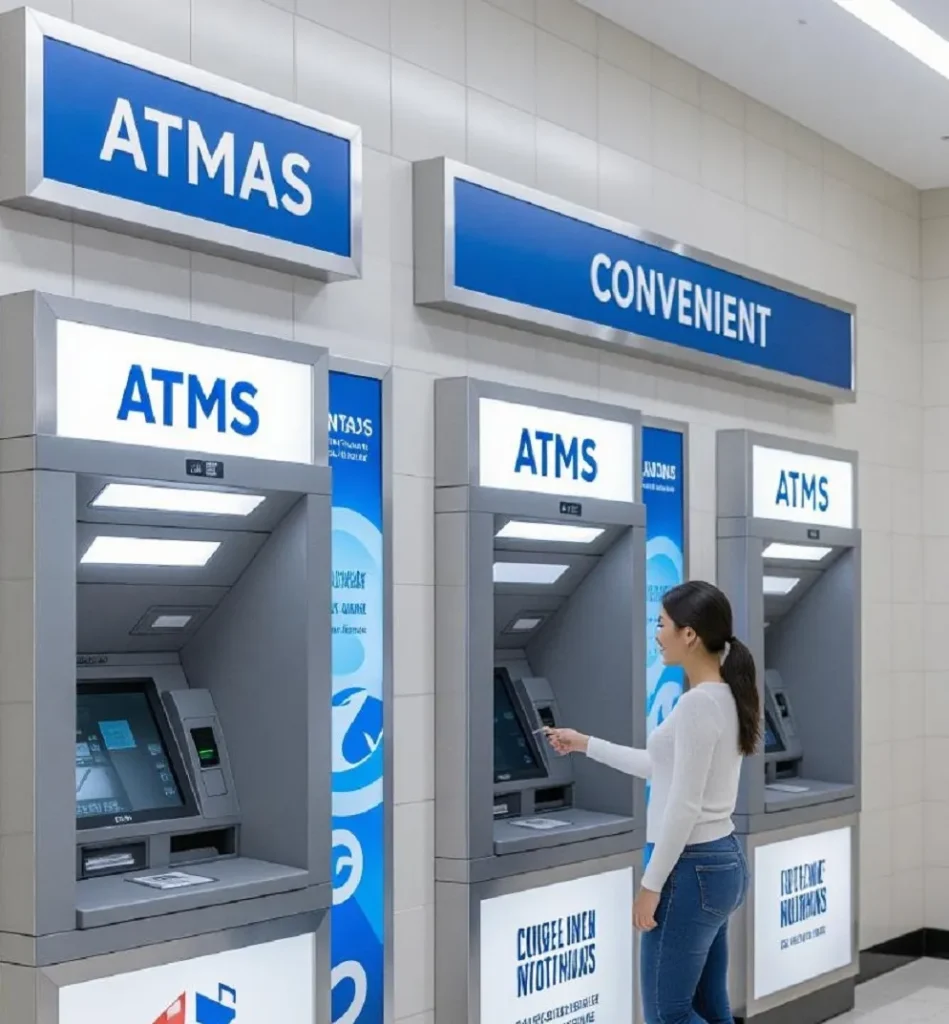Planning a trip to Scandinavia is exciting. There are many things to see and do. But one important thing to know before you travel is money. Every country in Scandinavia has its own rules about currency.
Many people ask, “Can you use euros in Sweden?” It is a common question for travelers from Europe and other parts of the world.
In this article, I will explain this in simple words. You will learn what money Sweden uses. You will also find out if euros are accepted and how people in Sweden pay for things today. Sweden is moving toward a cash-free society, so payment habits may be different from what you know.
By the end, you will feel ready and confident. You will know how to handle money in Sweden and enjoy your trip without stress.

The Swedish Krona: A Historical Overview
Sweden is a member of the European Union. But it does not use the euro as its money. Instead, Sweden uses its own currency called the Swedish krona (SEK).
The krona has a long history. It has been used in Sweden since the year 1873. Before, one krona was divided into 100 smaller parts called öre. But today, the öre coins are no longer used. Prices may still show “.50” or “.25,” but you always pay in full kronor when you buy something.
In 2003, the people of Sweden had a special vote, called a referendum. The question was simple: should Sweden start using the euro or keep the krona? Most Swedes voted to keep the krona.
This showed something important. Sweden wanted to stay independent in money matters. By keeping the krona, the country could control its own economy and make its own decisions about interest rates and prices.
Even though many countries in Europe use the euro, Sweden decided it was better for them to keep their own money.

Why Sweden Opted Out of the Euro
Sweden chose to keep the krona for many reasons. The most important reason was economic stability. People wanted Sweden to stay strong and safe in money matters.
Another reason was independence. Many Swedes worried that if they used the euro, the country would lose control over its own money rules. Decisions about interest rates, loans, and prices would be made by the eurozone, not by Sweden itself.
At that time, some countries in the eurozone were facing big economic problems. This made people in Sweden more unsure. They thought using the euro might bring risks instead of benefits.
Because of these concerns, Sweden decided to keep its own currency. That is why today, if you travel to Sweden, you will need Swedish kronor for shopping, eating out, and daily expenses.
The Krona’s Role in the Global Economy
The Swedish krona is more than just the money of Sweden. It also has an important place in the world economy.
Many people see the krona as stable and safe. This makes it attractive to foreign investors who want to put their money in strong currencies.
Sweden has a strong economy. The country is known for new ideas, modern technology, and powerful industries like cars, machines, and clean energy. These things help keep the krona’s value steady in the world market.
For travelers, this is useful to know. The krona’s value compared to other currencies, like the euro or the US dollar, changes from time to time. These changes are called exchange rates. They can affect how much money you will spend on your trip.
If you understand the krona’s role in the world, it becomes easier to plan your travel budget and avoid surprises.
Does Sweden Accept the Euro?
While the euro is not the official currency in Sweden, it is sometimes accepted in specific situations, particularly in tourist-heavy areas. However, acceptance is not guaranteed, and businesses that do accept euros may not offer competitive exchange rates. Here are some key points to consider:
Limited Acceptance: Where Euros Might Be Used
In some places in Sweden, you can pay with euros. But it is not always a good idea.
Shops, hotels, or restaurants that accept euros usually do not give you a good exchange rate. This means the value of your money becomes less. Sometimes they even add an extra fee, called a surcharge.
Because of this, you often end up paying more than if you used Swedish kronor. For example, a meal that costs 100 kronor might cost you more in euros because of the poor rate.
This is why it is smarter to use the local currency. Knowing these risks can help you make better choices about when to pay with euros and when to use kronor.
Credit Cards as an Alternative: The Digital Payment Landscape
In Sweden, credit and debit card payments are not only widely accepted but are often preferred over cash. The country is at the forefront of the cashless movement, with many establishments equipped to handle card transactions seamlessly. Carrying a card that doesn’t charge foreign transaction fees can be a convenient and cost-effective alternative to carrying large amounts of cash or euros. This reliance on digital payments reflects Sweden’s broader trend towards a technologically advanced, cashless society.
You may Like to read
Do I Need Cash in Sweden?
Sweden is known for its significant move towards a cashless society. However, understanding the nuances of cash use in Sweden can enhance your travel experience:
Card Payments: The Norm in Swedish Transactions
Card payments are ubiquitous across Sweden, with everything from public transportation to small cafes accepting card payments. This widespread acceptance makes it incredibly convenient for travelers who are accustomed to using cards. In fact, some businesses have gone entirely cashless, reflecting the country’s embrace of digital payment methods. Knowing that card payments are the norm can ease any concerns about needing large amounts of cash.
Mobile Payments: The Rise of Swish and Other Apps
Mobile payment apps like Swish have gained immense popularity in Sweden. These apps allow users to make instant payments via their smartphones, integrating seamlessly with bank accounts. This method is especially popular among younger generations and tech-savvy individuals. The rise of mobile payments further diminishes the need for cash, offering a quick and secure way to handle transactions, even for small amounts.
Cash Transactions: Situations Where Cash is Still King
Despite the digital trend, there are still scenarios where cash might be necessary. Some small businesses, market stalls, or establishments in rural areas may still prefer or only accept cash payments. Additionally, having a small amount of cash can be helpful in emergencies or in situations where card payment systems are down. Thus, carrying a modest amount of cash for unforeseen circumstances is a prudent choice.
How to Exchange Currency in Sweden
If you need to exchange euros or any other currency for Swedish krona, here are some options:
Currency Exchange Offices: Pros and Cons
Currency exchange offices are conveniently located at airports, train stations, and city centers. While they offer the advantage of accessibility, they often charge high fees or offer less favorable exchange rates compared to other options. It’s important to compare rates and fees at multiple locations if you choose to use these services, ensuring you get the best deal possible during your currency exchange.
Banks: A Reliable Option with Better Rates
Banks in Sweden can exchange currency and often provide better rates than currency exchange offices. However, it’s worth noting that banks might have limited hours, particularly on weekends and public holidays. Planning your visit during business hours and being mindful of potential queues can help you efficiently manage your currency exchange needs.
ATMs: Convenient and Cost-Effective
Using an ATM to withdraw cash in the local currency is a convenient option for many travelers. ATMs are widely available throughout Sweden, and withdrawing cash directly from an ATM often provides a better exchange rate than currency exchange offices. Additionally, using ATMs can minimize the need to carry large amounts of cash, enhancing security while traveling.

Tips for Using Money in Scandinavia
Here are some additional tips to help you manage your money while traveling in Sweden and other Scandinavian countries:
Plan Ahead: Currency Preparations for Your Trip
Before embarking on your Scandinavian adventure, research the currencies used in each country you plan to visit. Each nation has its own currency, and understanding this can help you avoid confusion and ensure you have the appropriate currency on hand. Planning ahead for currency needs can prevent last-minute stress and ensure a smooth travel experience.
Use Credit Cards Wisely: Avoiding Unnecessary Fees
When using a credit card abroad, be mindful of foreign transaction fees. Many credit cards charge a percentage fee for transactions conducted in foreign currencies, which can add up over time. Consider using a card that offers no foreign transaction fees to save money, and always check with your bank to understand any potential fees before you travel.
Keep Some Cash: A Safety Net for Travelers
While card payments are widely accepted, it’s prudent to carry a small amount of cash for emergencies or situations where cards aren’t accepted. This can include tipping, small purchases, or situations where technology fails. Having a cash reserve can provide peace of mind and ensure you’re prepared for any unexpected scenarios.
Monitor Exchange Rates: Timing Your Currency Exchange
Keeping an eye on exchange rates leading up to your trip can help you decide when to exchange your money for the best rate. Currency values fluctuate, and timing your exchange when rates are favorable can save you money. Utilize online tools and financial news sources to track these changes and plan your currency exchange accordingly.
Be Cautious of Scams: Ensuring Secure Transactions
As with any international travel, be cautious of scams when exchanging money. Stick to reputable exchange offices or banks, and avoid exchanging money with individuals on the street. Being vigilant and informed about common scams can protect you from financial loss and ensure your trip remains enjoyable and stress-free.
Can I use US dollars in Sweden?
No, US dollars are not accepted in Sweden. You need to pay with Swedish kronor (SEK) or use a card.
Are tips expected in Sweden?
Tipping is not required, as service charges are usually included in bills. However, rounding up the amount or leaving a small tip is appreciated in restaurants or taxis.
Do Swedish ATMs accept foreign cards?
Yes, most ATMs in Sweden accept international debit and credit cards. Visa and Mastercard are the most widely used.
Can I use prepaid travel cards in Sweden?
Yes, prepaid travel cards work in Sweden if they are from major providers like Visa or Mastercard. They are a safe option for travelers.
Is it better to exchange money before traveling to Sweden?
It depends. You can exchange some cash before your trip for convenience, but many travelers prefer to withdraw SEK from ATMs in Sweden because rates are usually better.
Conclusion
While you might find limited opportunities to use euros in Sweden, the Swedish krona is the official currency, and it’s best to prepare accordingly. Sweden’s move towards a cashless society means that credit and debit cards are widely accepted, making it easy to navigate the country without relying heavily on cash. By understanding the currency situation and planning ahead, you can ensure a smooth and enjoyable experience during your visit to Sweden. Embracing digital payment methods and staying informed about currency matters will enhance your travel experience and allow you to focus on the beauty and culture Sweden has to offer.






